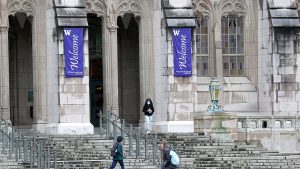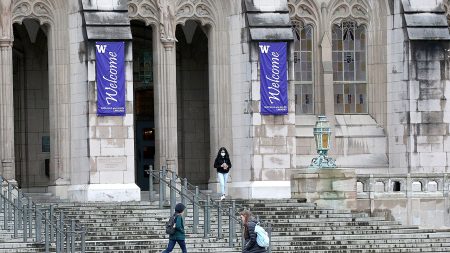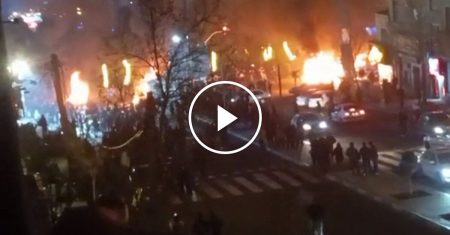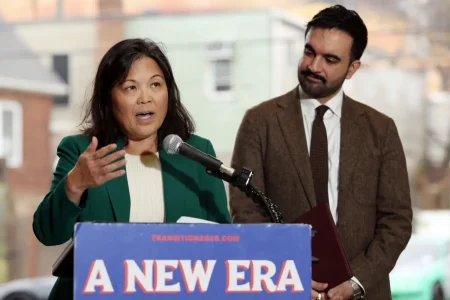Hong Kong’s Electoral Revival: A Story of Decline and Renewal
In a city that once prided itself on exceptionally high civic engagement, Hong Kong has witnessed a dramatic transformation in its electoral landscape. Not long ago, voter turnout regularly exceeded 90 percent, reflecting a politically engaged population that valued their democratic voice. However, recent years have seen this participation plummet to concerning lows, raising questions about the changing relationship between Hong Kong’s citizens and their governance systems. The story behind this decline involves complex political developments, shifting public sentiment, and evolving perceptions of electoral significance. Yet interestingly, the current election cycle has shown signs of a possible resurgence in voter interest, suggesting that the city’s democratic spirit may be entering a new chapter.
The golden era of Hong Kong’s voter participation represented more than just impressive statistics; it embodied the unique identity of a city at the crossroads of Eastern and Western political traditions. Citizens from all walks of life—from business professionals to factory workers, students to retirees—once stood in long lines at polling stations, seeing their vote as both a civic responsibility and a meaningful expression of their values and aspirations. This near-universal participation created a vibrant democratic culture where election campaigns were spirited affairs that dominated public discourse, media coverage, and everyday conversations. The high turnout reflected confidence in the electoral system and a widespread belief that individual votes could collectively shape the city’s direction, particularly during the transitional period following Hong Kong’s return to Chinese sovereignty in 1997.
The subsequent decline in voter participation coincided with several pivotal developments in Hong Kong’s political landscape. Electoral reforms, changing institutional frameworks, and evolving relationships with mainland China all contributed to a growing sense among some citizens that elections no longer carried the same weight or potential for meaningful change. Many Hong Kongers began questioning whether their votes would truly influence policy decisions, especially regarding the most pressing issues facing the city. This skepticism was compounded by political controversies that eroded trust in the electoral process itself. Some demographic groups, particularly younger voters who had been among the most enthusiastic participants, became increasingly disenchanted, leading to a generational shift in attitudes toward formal political participation. The once-robust culture of electoral engagement began to fade, replaced by a mixture of apathy, disillusionment, and in some cases, a strategic withdrawal from formal political processes.
This electoral disengagement had ripple effects throughout Hong Kong society. Public spaces once alive with political debates grew quieter. Campaign events that previously drew crowds now struggled for attention. Political organizations and civic groups that had flourished during periods of high engagement found themselves working harder to remain relevant. The media landscape similarly shifted, with election coverage becoming less prominent as other issues took center stage. Meanwhile, alternative forms of political expression—from public demonstrations to digital activism—gained prominence, suggesting that the decline in voter turnout didn’t necessarily indicate political apathy but rather a redirection of civic energy. The social fabric of the city underwent subtle but significant changes as the shared experience of electoral participation no longer served as a common reference point for diverse communities across Hong Kong.
What makes the current election cycle particularly noteworthy is the unexpected uptick in voter interest after years of decline. Several factors appear to be driving this renewal of engagement. First, recent policy changes have reshaped the electoral landscape in ways that have captured public attention, whether through controversy or genuine interest in new possibilities. Second, a new generation of candidates has emerged, bringing fresh perspectives and communication styles that resonate with previously disengaged voters. Third, the ongoing evolution of Hong Kong’s relationship with mainland China continues to raise fundamental questions about the city’s future that many citizens feel compelled to address through whatever democratic channels remain available. Additionally, grassroots campaigns specifically targeting low-turnout communities have helped reconnect citizens with the electoral process, emphasizing the continued relevance of voting despite changed circumstances.
Looking toward the future, Hong Kong’s electoral participation remains a powerful barometer for the city’s political health and civic identity. While unlikely to return to the 90-percent heights of previous decades, the current renewal of interest suggests resilience in Hong Kong’s democratic culture. Citizens are adapting to new realities while finding ways to express their political voice within evolving constraints. Election officials, political organizations, and community leaders are learning valuable lessons about engaging voters in changed circumstances. Meanwhile, international observers continue to watch Hong Kong’s electoral developments as indicators of larger trends in the region’s political development. The story of Hong Kong’s voter participation is ultimately one of adaptation and persistence—a community navigating complex political transitions while striving to maintain meaningful civic engagement in an uncertain future.











